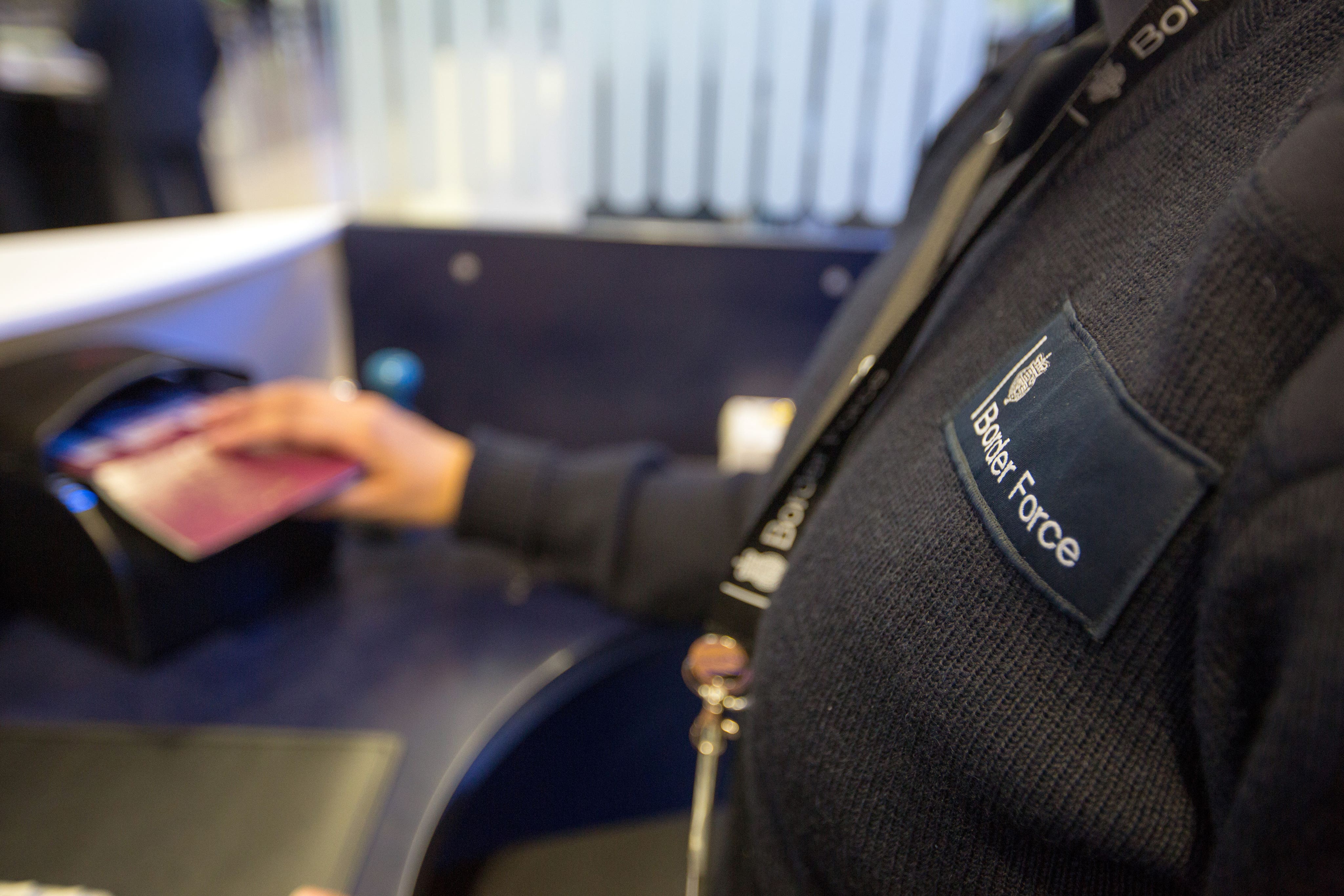Border Force aims to keep ‘most’ ports open during strikes
Travellers ‘should be prepared for disruption’, warns chief Steve Dann

Your support helps us to tell the story
From reproductive rights to climate change to Big Tech, The Independent is on the ground when the story is developing. Whether it's investigating the financials of Elon Musk's pro-Trump PAC or producing our latest documentary, 'The A Word', which shines a light on the American women fighting for reproductive rights, we know how important it is to parse out the facts from the messaging.
At such a critical moment in US history, we need reporters on the ground. Your donation allows us to keep sending journalists to speak to both sides of the story.
The Independent is trusted by Americans across the entire political spectrum. And unlike many other quality news outlets, we choose not to lock Americans out of our reporting and analysis with paywalls. We believe quality journalism should be available to everyone, paid for by those who can afford it.
Your support makes all the difference.Safety and security at borders will be “non-negotiable” during strike action, a Border Force boss has insisted.
Chief operating officer Steve Dann said there were “robust plans in place” to limit the impact but warned “people should be prepared for disruption”.
About 1,000 Border Force staff who are members of the Public and Commercial Services Union will strike every day from Friday to the end of the year, except December 27.
We do have robust plans in place to minimise delays to passengers, but we've been very clear from the start that people should be prepared for disruption and take action to plan ahead
Action is being taken in a dispute over pay, pensions and jobs by workers at Heathrow, Birmingham, Cardiff, Gatwick, Glasgow and Manchester airports, and the port of Newhaven in East Sussex.
Mr Dann said: “Border Force’s number one priority is to keep our borders safe and secure, that’s something that we will not compromise on. It’s non-negotiable.
“In anticipation of the strike action, Border Force has for a number of months undertaken extensive planning, and we’ve been working with the travel industry and continue to work closely with all UK ports to assess the impacts of the announcement on the travelling public.
“We do have robust plans in place to minimise delays to passengers, but we’ve been very clear from the start that people should be prepared for disruption and take action to plan ahead.”
There are fears that delays in checking the passports of arriving passengers could lead to long queues and even people being held on planes, disrupting subsequent departures.
Military personnel and volunteers from the Civil Service have been trained to step in.
Mr Dann said: “Military personnel and volunteers from across the Civil Service have been trained to support Border Force at airports and ports through the strike period.
“We have a reasonable expectation that by using this contingency workforce, we will be able to deliver a service that keeps most if not all ports open.”
He went on: “Our contingency workforce will not be able to operate with the same efficiency as our permanent workforce.
“As in the case with any industrial action, we simply will not know the levels of Border Force permanent officers who will report for duty each day and what the operational impacts might be.”
Mr Dann said Border Force has been “working extensively” with the travel industry to “minimise the circumstances which can see travellers waiting excessive amounts of time or where operators and carriers might have to take short notice changes to schedules”.
He explained that Border Force will “expect operators to make any adaptions” to ensure a “smooth flow of passengers”.
Travellers are being urged to use e-gates if they can, check with operators that there has been no change to their service, and to be “kind and patient” with staff at Border Force.